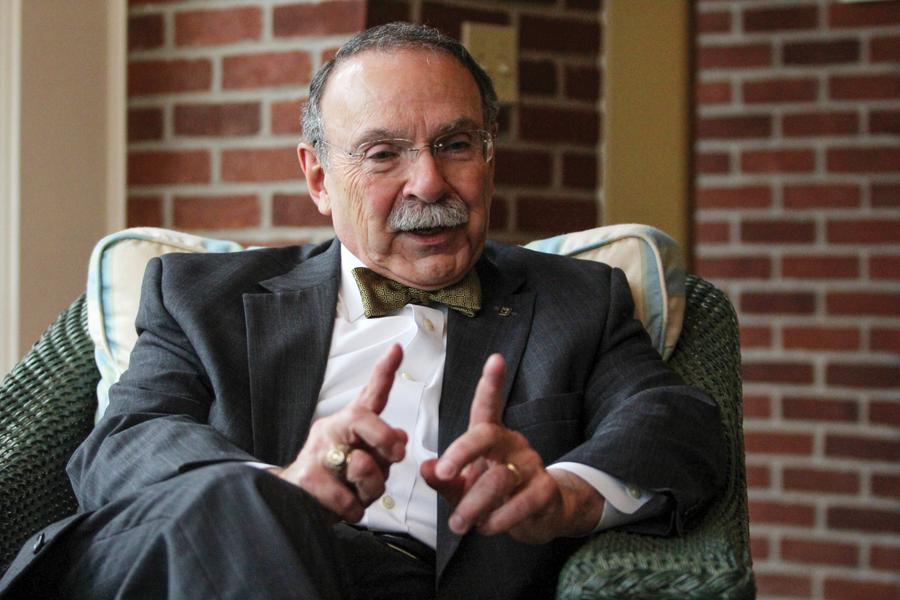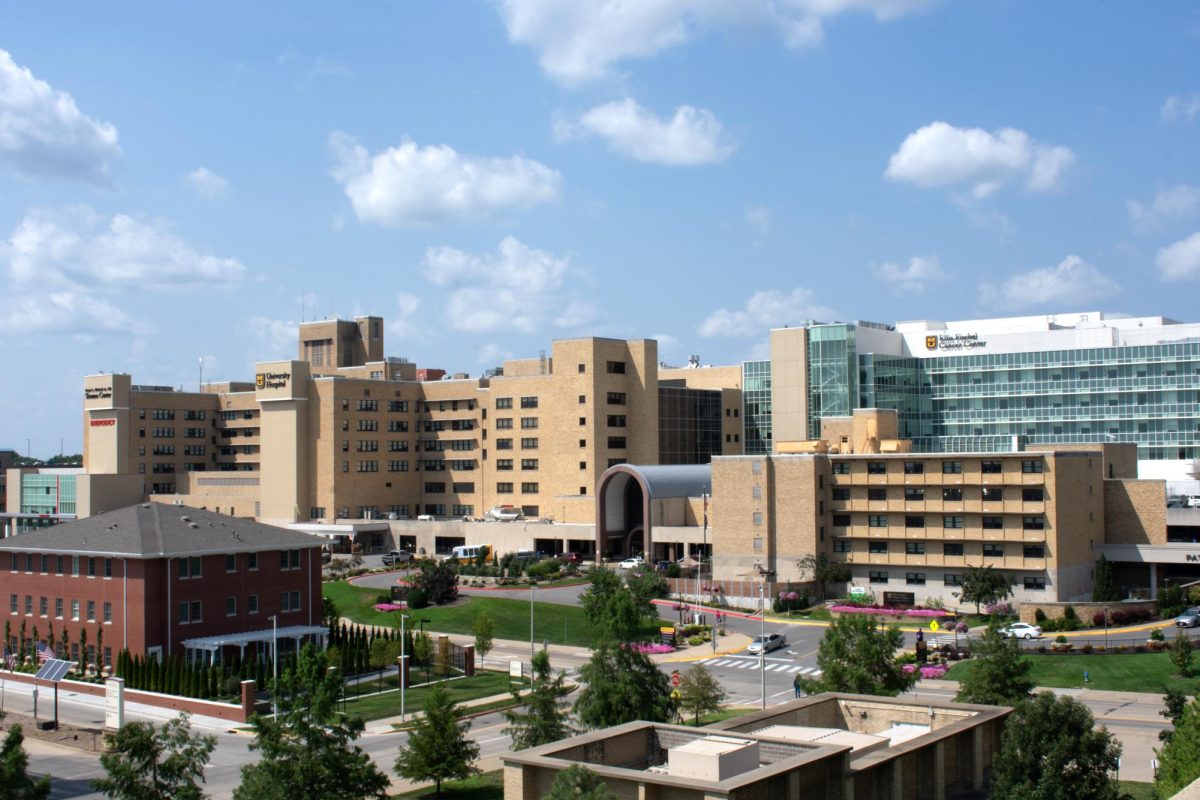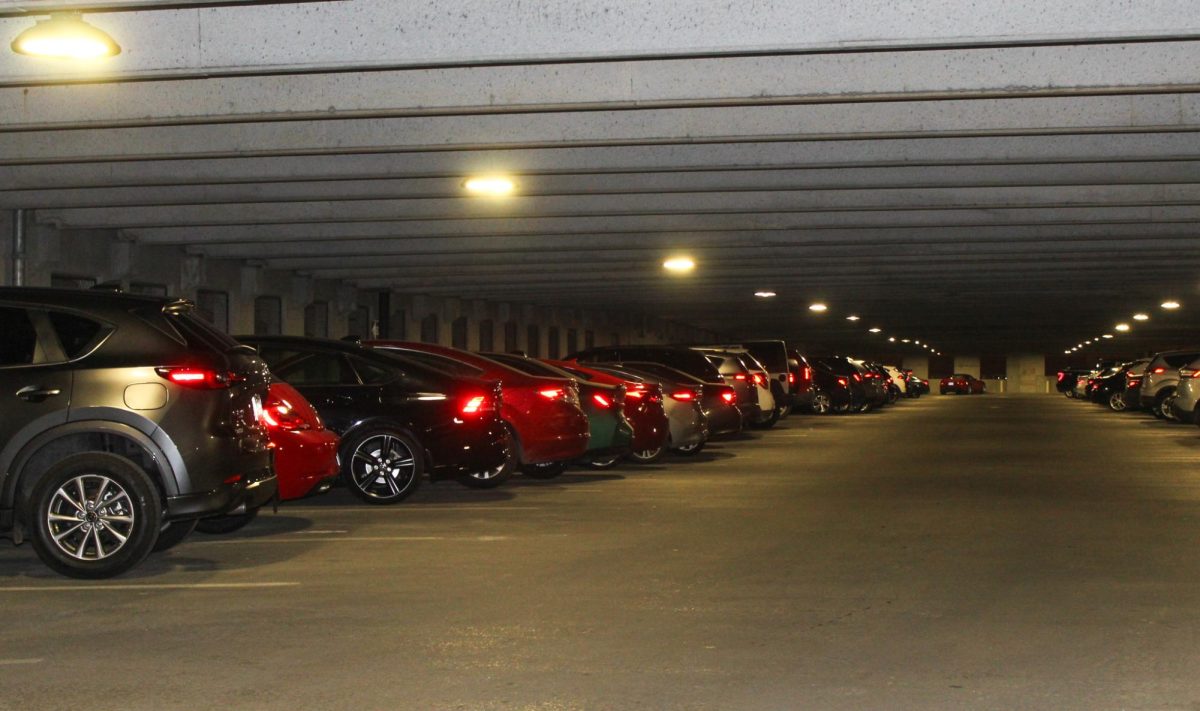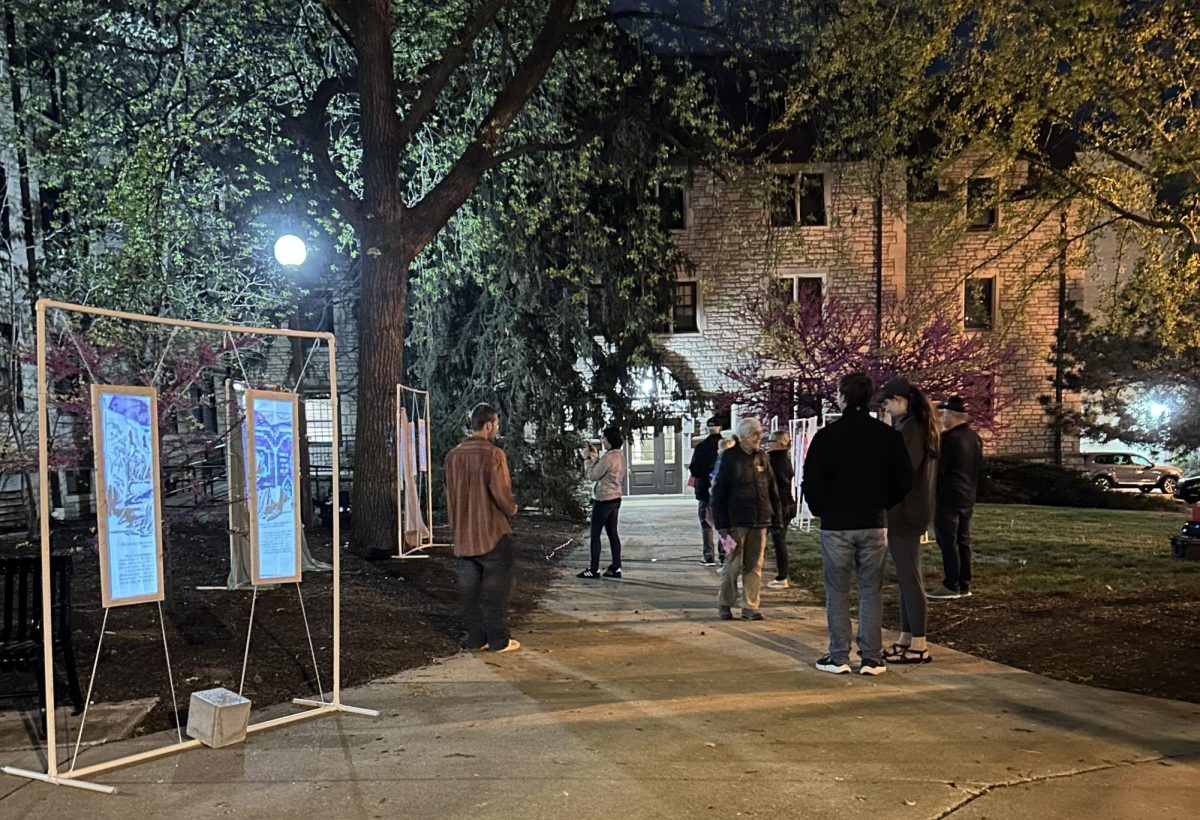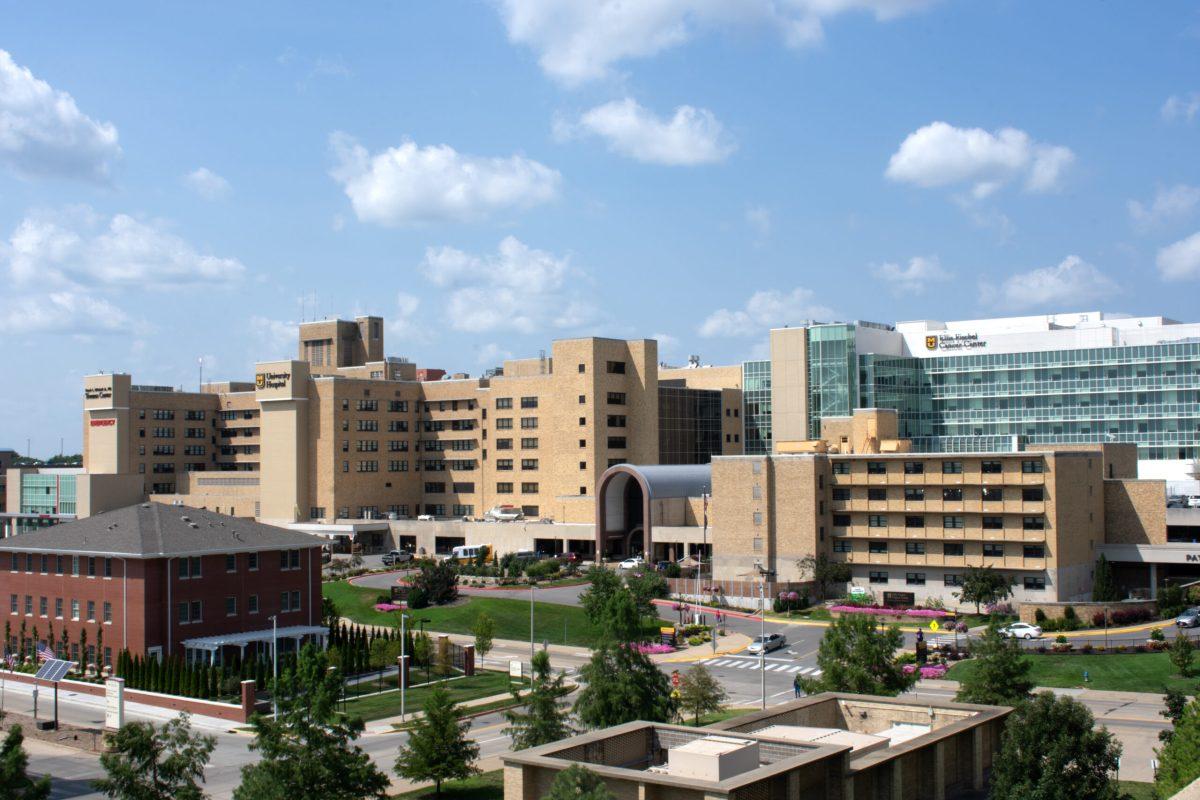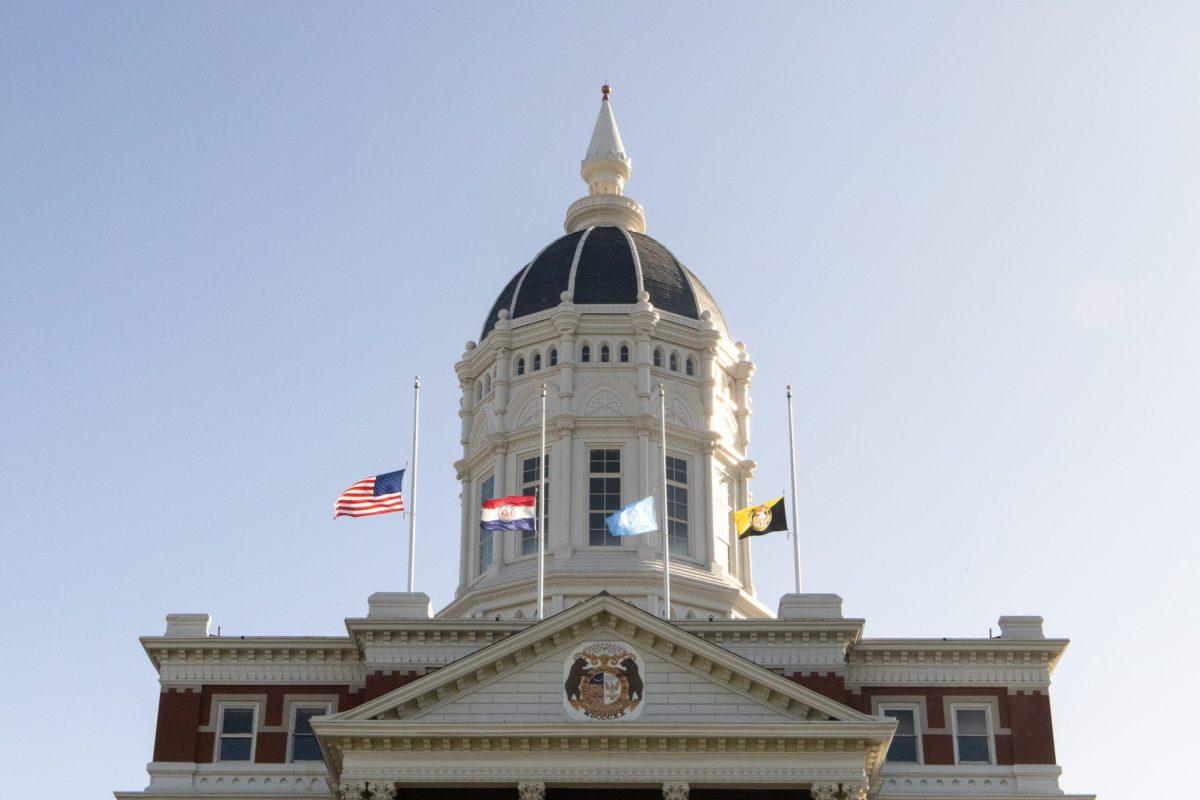Former Chancellor R. Bowen Loftin said his “awakening” happened in December 2014.
“I went to a forum over here that we called together right after the Ferguson verdict was announced,” Loftin said. “That was my first time to really hear the stories from people’s hearts. I went there thinking we were going to talk about Ferguson, and that didn’t last long at all … within five minutes we were talking about other things; talking about not Ferguson, but Mizzou. And we had one student after the other standing up and talking about their own experiences here.”
After that, he said he began to realize the seriousness of the racial problems on campus. He went through a “deep self-examination,” which helped him address his own biases.
Then, the fall 2015 protests began.
During that time, Loftin had conversations with various student groups, including Concerned Student 1950, and attended meetings to help address problems on campus. After speaking with former UM System President Tim Wolfe, some MU deans and members of the Board of Curators, it became clear that his resignation was the next step for him to take.
“It wasn’t an easy decision, obviously,” he said. “But, it’s one of those things that after awhile you realize you have to make a very clear separation.”
Loftin realizes that his resignation might not have changed anything on campus. He said he told Concerned Student 1950 that their list of demands calling for institutional change would take time.
“I said, ‘These are not things that we can do quickly,’” he said. “‘I fully support them. I think we should do them. We should get to a different level of a mixture of our faculty and student body here, but it will not happen quickly.’”
Loftin believes relying on short-term changes would only address superficial issues.
“If we do something which is too hurried and too shallow, it becomes something that won’t be sustainable,” he said. “It will be a veneer that peels off after a while, and then we’re worse off than when we started. So, the idea was to build systemic change. That was an ongoing conversation we were having all throughout 2015.”
He believes the problem comes from how some students at MU grew up. Many came from small towns with little diversity. Loftin, who grew up in the segregated South, said that the generational differences in beliefs make changing the campus climate especially difficult.
“And therein lies the problem: Will the students who are affected by this be that patient?” he asked. “I don’t know the answer to that. I’ve talked to so many of them, and some of them are patient, and some of them aren’t patient.”
He said it is normal for students who come to MU to expect to see change within their four years at the university. But for any change to happen, Loftin believes it requires many on campus to go through the same process he did in 2014.
“That’s what we need more of: people to do that self-examination and self-reflection and really make an effort to try to change how you live your life so it won’t lead you, even unconsciously, down the wrong pathway,” he said.
_Edited by Kyra Haas | [email protected]_


